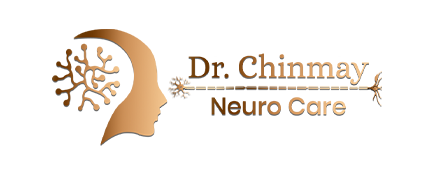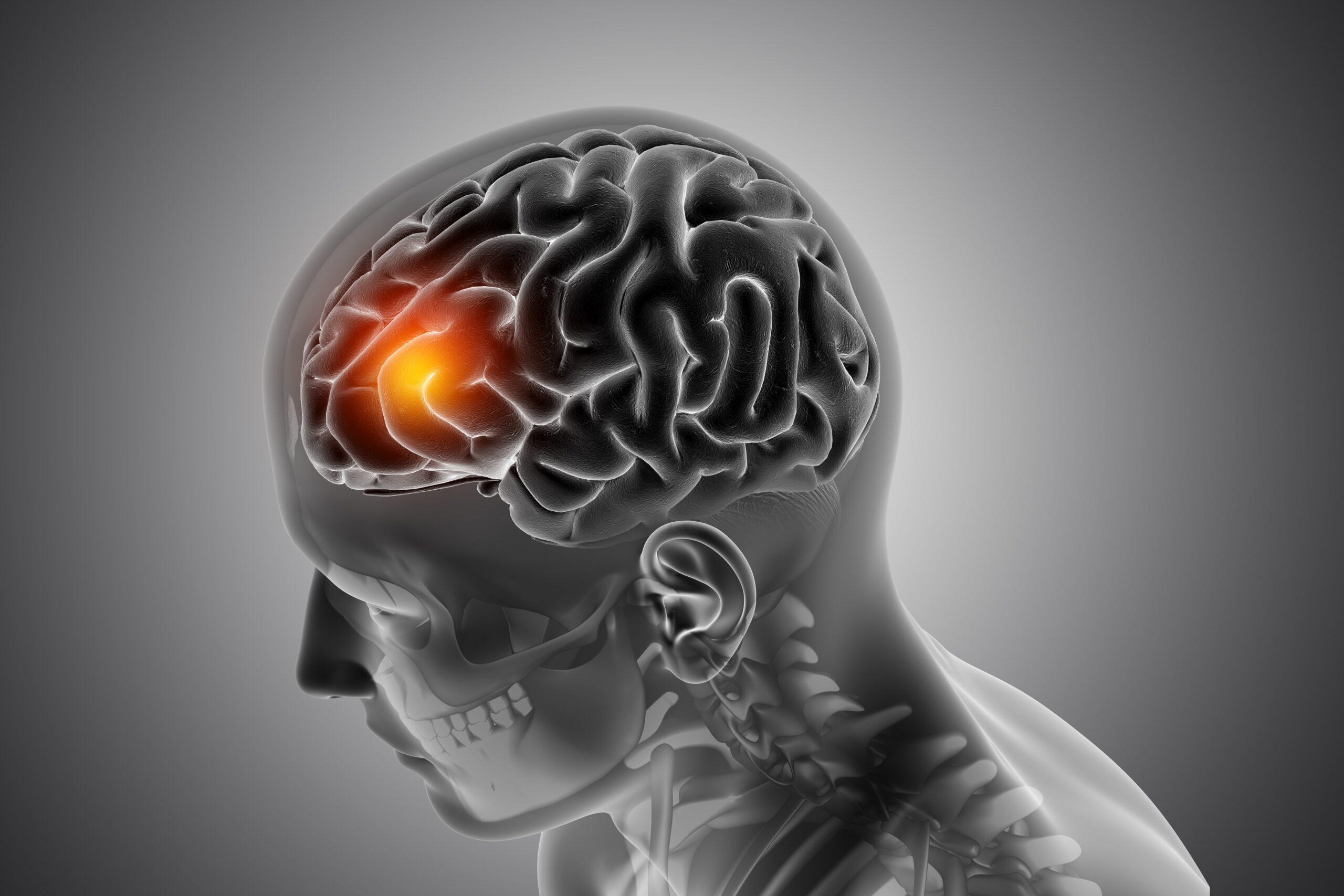Neurological disorders in children range from mild conditions to severe impairments that affect a child’s development, behavior, and quality of life. Among the numerous neurological issues seen in pediatric patients, epilepsy emerges as the most common disorder. According to the World Health Organization, epilepsy affects nearly 5 million people worldwide, and a significant percentage of these cases are diagnosed during childhood. At Dr. Chinmay’s Neurology Clinic, the leading pediatric neurology center in Pune, children receive expert diagnosis, personalized treatment plans, and compassionate care to address such conditions effectively. If you are searching for the best neurologist in Pune or a reliable neuro specialist in Pune, you can look at Dr. Chinmay’s clinic.
Understanding Pediatric Epilepsy: A Common Neurological Disorder
Epilepsy is a neurological condition that consists of recurrent seizures – sudden surges of electrical activity in the brain. The presentations of seizures range from brief staring spells to full-body convulsions, depending on the part of the brain affected.
Key Symptoms of Pediatric Epilepsy:
1.Recurrent Seizures:
These can manifest as:
- Absence seizures, characterized by short episodes of staring or a lack of responsiveness.
- Tonic-clonic seizures, involving convulsions and a loss of consciousness.
- Focal seizures, involving twitching or sensory alterations in specific body areas.
- Developmental Delays: Some children may show delayed milestones due to underlying neurological issues.
- Behavioral Changes: Increased irritability, attention difficulties, or hyperactivity can sometimes accompany epilepsy.
- Aura or Warning Signs: Older children may describe sensations, smells, or feelings that precede a seizure.
According to Dr. Chinmay, a well-known neuro specialist in Pune, early detection and intervention are of prime importance. “Timely diagnosis can significantly improve a child’s developmental outcomes and quality of life,” he says.
Other Common Neurological Disorders in Pediatric Patients
Epilepsy is the most common, but several other neurological conditions are commonly seen in children. These include:
- Cerebral Palsy (CP):
A group of disorders affecting movement, muscle tone, and posture, cerebral palsy often results from brain damage occurring before, during, or shortly after birth. Common symptoms include spasticity, poor motor coordination, and developmental delays.
- Autism Spectrum Disorder (ASD):
Although a developmental disorder in nature, autism often consists of neurological issues, such as sensory processing disorders and seizures in some people. Early intervention therapies form the cornerstone of enhancing their social and communication skills.
- Attention Deficit Hyperactivity Disorder (ADHD):
ADHD affects individuals’ attention span, impulsivity, and hyperactivity. Though classified as a behavioral disorder, it is rooted in neurological dysfunction.
- Headaches and Migraines:
Recurring headaches, including migraines, can also be a common feature in children. Causes may include stress, lack of sleep, and diet.
- Developmental and Genetic Disorders:
Down syndrome, Fragile X syndrome, and neurofibromatosis are some of the conditions that might manifest with neurological symptoms and therefore need holistic care.
Every child at Dr. Chinmay’s Neurology Clinic is dealt with in a customized plan as per their individual needs.
Causes of Pediatric Neurological Disorders
Neurological disorders in children can be caused by the following factors:
- Genetic: Inherited disorders such as epilepsy or muscular dystrophy.
- Birth Complications: Oxygen deprivation or birth trauma.
- Infections: Meningitis and encephalitis can cause permanent neurological damage.
- Traumatic Injuries: Head injuries from accidents or falls.
- Unknown Causes: In some cases, the cause may not be identified, and therefore, it may require sophisticated diagnostic equipment.
Dr. Chinmay’s clinic has modern diagnostic equipment such as EEG, MRI, and CT scans for diagnosing the basic reason for neurological diseases in children.
How is Pediatric Epilepsy Diagnosed?
Epilepsy in a child is diagnosed after proper clinical evaluation and modern diagnostic tests. The steps involved in the process include:
- Detailed History: A thorough understanding of the seizure episodes of the child, how frequent they are, and other symptoms related to seizure episodes.
- Physical and Neurological Examination: Testing the child’s motor skills, reflexes, and coordination.
- Electroencephalogram (EEG): A non-invasive test to record electrical activity in the brain to detect abnormal patterns.
- Neuroimaging: MRI or CT scans are utilized to detect structural abnormalities within the brain.
- Genetic Testing: If a hereditary condition is suspected, then genetic analysis may be advised.
Treatment for Pediatric Neurological Disorders
The management of epilepsy and other neurological disorders in children requires a multidisciplinary approach. The options for treatment include the following:
- Medication:
Anti-epileptic drugs (AEDs) are the primary therapy for epilepsy. Dr. Chinmay ensures that medications are selected based on the child’s age, weight, and type of seizure to minimize side effects and maximize efficacy.
- Lifestyle Modifications:
Parents are educated on how to minimize seizure precipitants, such as maintaining a regular sleep pattern, avoiding flashing lights, and minimizing stress.
- Dietary Therapies:
In some instances, ketogenic diets, which are high in fats and low in carbohydrates, have been reported to decrease the frequency of seizures.
- Surgical Interventions:
In children with drug-resistant epilepsy, the following surgical interventions may be considered: vagus nerve stimulation or focal resection.
- Therapies for Associated Conditions:
Children with comorbidities like ADHD or developmental delays benefit from occupational therapy, speech therapy, and behavioral interventions.
Supporting Families of Children with Neurological Disorders.Managing a chronic neurological condition can be challenging for both the child and their family. Dr. Chinmay’s Neurology Clinic not only focuses on treating the child but also supports families through:
- Parent Counseling: Providing emotional support and practical advice for managing day-to-day challenges.
- Educational Workshops: Educating the parents and caregivers about the condition and treatment options.
- Support Groups: Linking families that are dealing with similar issues for experience sharing and resources.
Why Dr. Chinmay’s Neurology Clinic in Pune?
Dr. Chinmay’s Neurology Clinic is one of the most reputed neurology centers in Pune. The clinic specializes in pediatric care. Here is why the clinic is different:
- Expertise: Dr. Chinmay is one of the best neuro specialists in Pune with a decade of experience in the treatment of pediatric neurological disorders.
- State-of-the-Art Facilities: Equipped with advanced diagnostic and therapeutic tools.
- Compassionate Care: Every child is treated with empathy and personalized attention.
- Holistic Approach: The clinic addresses not just the medical but also the emotional and developmental needs of the child.
Summary
Epilepsy is the most common neurological disorder among children. It emphasizes early diagnosis and proper management. Dr. Chinmay’s Neurology Clinic provides the best world-class care for the children in Pune. From proper diagnosis to the latest Best neurologist in Pune treatment, this clinic ensures that children with neurological disorders can lead a productive life. If your child shows any symptoms of epilepsy or other neurological diseases, do not hesitate to consult the best pediatric neurologist in Pune.

